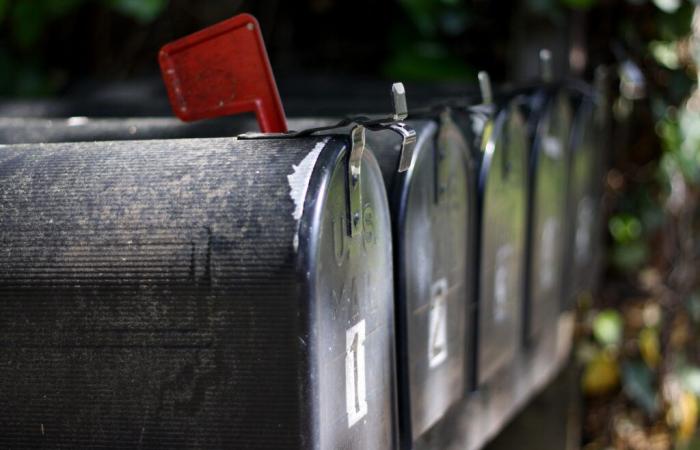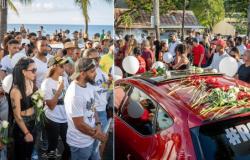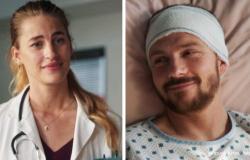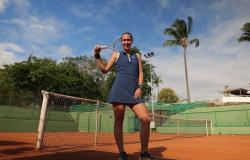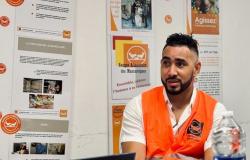Write it December 23, 2024.
The news is still dominated by respiratory infections. Certainly, the consequences of the pandemic and the hygiene measures it imposed are far from finished. This season presents particularities concerning the succession of RSV and flu epidemics. In previous years, the RSV epidemic often preceded that of influenza A, which in turn often preceded that of influenza B. This year the situation is different, as shown by the curves of the PARI network, where children presenting with flu syndromes or bronchiolitis are sampled almost systematically with multiplex antigen tests. Figure 1 is the focus for this year. Figure 2 compares this year to previous years.
– Bronchiolitis : The bronchiolitis epidemic is later and much less intense than in previous years. It already seems to be starting to decline, a trend which should increase with the end of year holidays. The lower intensity of this RSV epidemic is probably explained by wider access to Nirsevimab this year (at least double at this time).
– Influenza A and B : Unlike previous years, the influenza A and B epidemics occurred earlier and largely overlapped with the RSV epidemic. The number of positive tests for influenza A and B far exceeds that of RSV cases. A rapid drop in the number of cases is expected for the end-of-year holidays, but the intensity of the rebound thereafter remains unpredictable.
It is urgent to protect children under one year of age who are not yet immunized and those whose mothers have not received Abrysvo® with Nirsevimab, as well as to vaccinate your patients against influenza.
Nine months after its recommendation by the HAS, the Shingrix® adjuvanted shingles vaccine is (Finally) refunded. However, availability in pharmacies is not yet guaranteed everywhere, this should be corrected in the coming weeks. Target populations include subjects aged 65 and over as well as the immunocompromised adults presenting a risk of serious shingles. The vaccination schedule provides for two doses, administered at least two months apart and if possible before the initiation of immunosuppressive treatment (in the latter case, the 2 doses can be administered with a delay of one month).
HAS has published recommendations regarding the vaccine Qdenga® (Takeda) against dengue fever. It is intended for the French territories of America (Antilles and Guyana), as well as Mayotte and Reunion. The regimen includes two doses administered three months apart. These (overly) complex recommendations also take into account the child's history of dengue fever.
The vaccination schedule updated on December 19, 2024 is available by clicking on this link. It includes all the vaccination recommendations of the year: ACYW 6m, 12m, adolescence, Shingrix® at 65 years old, RSV vaccines at 75 years old and from 65 years old in the event of comorbidities (without reimbursement having yet been acquired, etc.)
Vaccinators were delighted with the extension ofcompulsory vaccination of infants against all meningococci and not limited to serogroup C become almost non-existent. Everyone understood that it would apply to children born from 1is January 2025… well no… if we are to believe the document published by the DGS, it would apply to all children born from July 2023, from 1is January to return to the community… which represents a certain number of children to catch up and above all future conflicts between parents, daycare directors, nannies and doctors. Why keep it simple when you can make it complicated?
In response to your questions.
I prescribed Vaxelis®+Prevenar13® for a 2 month old child. By mistake, the pharmacy gave Vaxneuvance® (VPC 15 valent) instead of the hexavalent. I didn't notice it and I injected the 2 pneumococcal vaccines. What are the risks and what to do?
This misuse must be reported to pharmacovigilance. It is by listing this type of case that we can show that the risk incurred is probably very low except for an increase in reactogenicity, especially local. For the rest: do the unmade Vaxelis®, to protect this child as quickly as possible against whooping cough, then continue with the usual vaccination schedule.
Is it useful to give Beyfortus® to an infant who currently or has already had RSV bronchiolitis?
In principle No!!! It would be uselessthe risk of hospitalization for a 2nd RSV infection during the same season being extremely low. This is why the recommendations specify that nirsevimab is not recommended after proven RSV infection. Some exceptions, however: infants with very early bronchiolitis during the neonatal period, often leading to hospitalization in intensive care, subsequently remain very fragile with a risk of re-hospitalization; fragile patients who had an indication for Synagis®. Finally, a situation that is not rare and difficult to decide is the history of undocumented RSV bronchiolitis.
InfoVac wishes you a happy holiday season and best wishes
Robert Cohen, Odile Launay, Catherine Weil-Olivier, Marie-Aliette Dommergues, Pierre Bégué, Pierre Bakhache, Véronique Dufour, Joël Gaudelus, Isabelle Hau, Cécile Janssen, Maeva Lefebvre, Didier Pinquier, Anne-Sophie Romain, Georges Thiebault, Franck Thollot , François Vie le Sage, Hervé Haas.
Download in pdf

